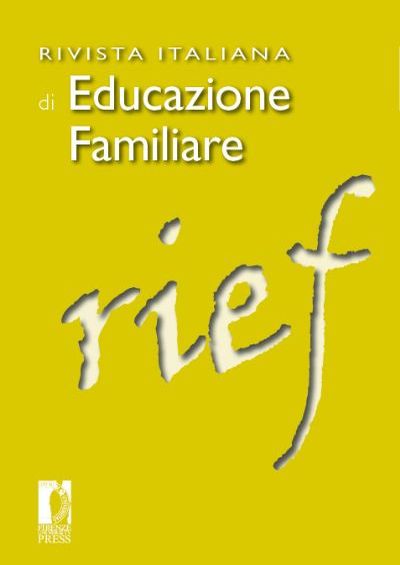Transnational families represent one of the faces of the family today, increasingly at the center of international research in the social sciences. This is a phenomenon that is not completely new but that today has not only assumed wider proportions but also specific characteristics, connected to the ease of moving from one Country to another, to the phenomena of globalization, and above all to contemporary migratory processes. In particular the intercontinental and intracontinental female emigration, which starting from the 50ies of the 20th century has grown massively, not only increases the network of transnational families, but also raises the issue of long-distance care, as many women who emigrate leave their children, even very small ones, in their Country of origin. This phenomenon produces effects of restructuring and reconfiguration of emotional relationships within family support circuits, which involve multiple generations. This is not always painless, neither in the children nor in the parents, and the actors involved can experience mixed feelings: sadness, resentment, feelings of abandonment, and so on. Despite the ease of communication made possible by new and social media, these cannot replace physical contact and daily care that represent the fundamental dimensions of parenting relationship.
The monographic number intends to collect national and international research contributions, which can enrich the knowledge of the care and relationship dynamics of transnational families, of the intergenerational relationships that are produced between the members of these families, and of the problems of the children who grow up away from parents. It is desirable that the contributions be drawn up in a foreign language, with preference for English.
……………………………………………………………………………………………………………..
Papers must have a maximum extension of 7.000 words (notes and bibliography included). For the editorial criteria, please refer to the editorial rules available on the Journal’s website. The papers submitted will be evaluated according to the double blind peer review system. Accepted languages: Italian, English, French, Spanish, and Portuguese. Contributions must be uploaded to the Journal’s OJS platform no later than September 30, 2019, upon registration of the Author, or Authors.
Please below for more details.

